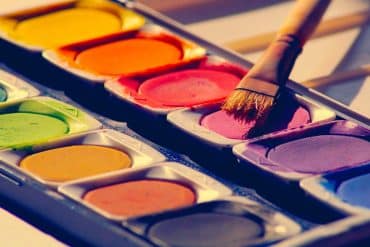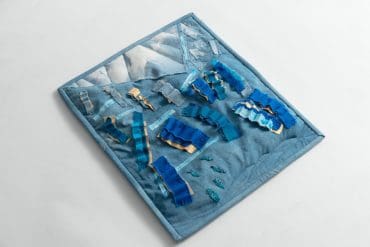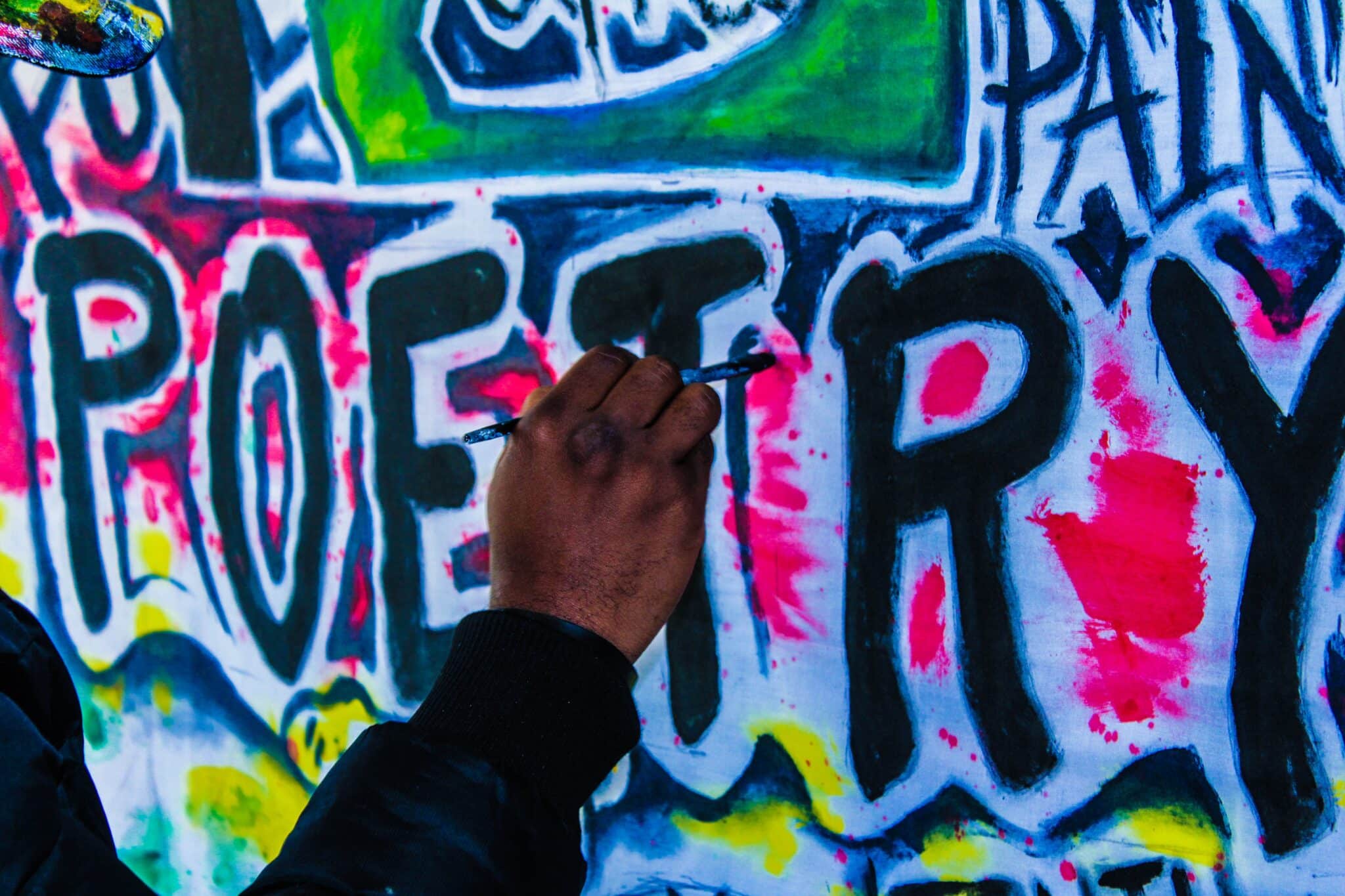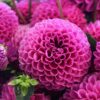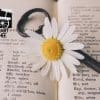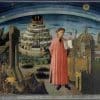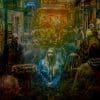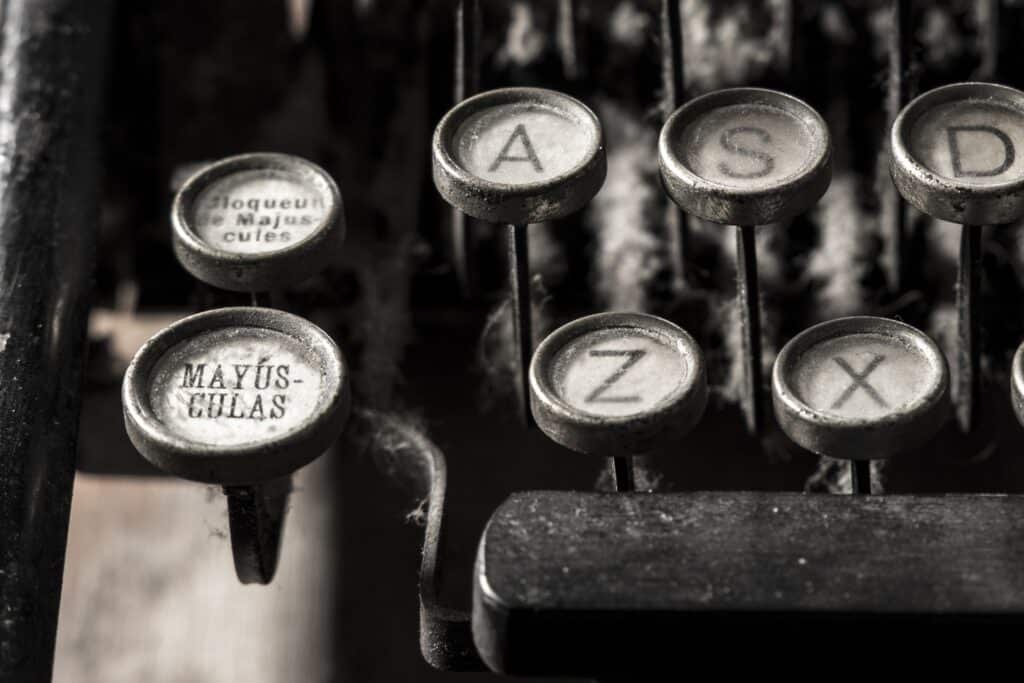
How to Find Your Own Voice: Journeying in the World of Poetry
To our joy and misfortune, we live in the midst of an overwhelming flow of words, images and sounds. This tsunami overtakes our emotions and thoughts, our perceptions and behavior. Molds them, redirects them. To make it more demanding still, all sorts of learned models and social pressures seem very much to lead our lives for us. Where is the space of me? The space where I can see and hear me? I say that this space lies in poems, in the words and expressions that create them, that make them fly, swim and dream. But how is it possible to find these words, images and sounds? They can’t be just a flat part of the exhausting flow or a hampering repetition of the learned. They have to be from me, of me and in me otherwise, they don’t fly, swim or dream.
The key lies in the words and expressions themselves. It is very simple and yet, surprisingly difficult. While journeying in the world of poetry writing, I’ve noticed that often a poem of mine sounded good only because it entailed words and expressions that had been used repeatedly around me. Familiar and easy sounds good. The vital question is though, do these words and expressions truly express my feelings, my thoughts and my sensations. This question is essential. It’s a point of demarcation. It is here where you stop and step into yourself. You start to question the learned, the common, the obvious and the pushed.
Concentrating on words and expressions and through them, on you, demands specific awareness and activity. First of all, it’s important to learn how to let the poem lead you. Fallow not only your mind and emotions but also the writing itself. The poem starts to gather all sorts of the words and expressions most of which are the most used and the most obvious. Among them there nevertheless always is at least one word or expression that truly is of you, from you and in you. It may be something small but it is the most precious one. Moreover, by letting the poem lead you, you’ll also learn the valuable lesson of realizing how many words and expressions go through and dwell inside you and how many of them are not truly the expression of you.
Secondly, become more aware of your linguistic, expressive and aesthetic surroundings. Pay attention to the lyrics in the music, to the words used in the media and on the internet and also to the expressions used in the bestseller books, tv-series and movies. You’ll soon start noticing some repetitive patterns. These patterns claim to know the truth about how to perceive the world, how to feel and how to interpret your feelings and emotions.
Thirdly, tightly connected with the above, be critical about the narratives that tell the tale for you about you. They often follow a logic that has nothing to do with you. We put our experiences into narrative clothing in order to understand them and our lives in this ambiguous and pressing human world. Yet, these clothing may not be the right ones and they are, after all, just clothing. Our experiences surpass and transgress them. Your poem needs you, no-one else and nothing else. You can always let go of the narrative structure all together in your poems if it feels right inside.
Fourthly, read good poetry not in order to copy or to glorify the words of the well-known poets but in order to appreciate the way they have found their own strong voices. Language isn’t something that restricts you. It gives you possibilities to infinity.
The rigorous and demanding question of whether these words and expressions truly express me and my way of seeing the world, is vital in poetry. You have to come back to it time after time. At least I have to. Unraveling the masses of words that blind me, control me, misguide me is a long journey and goes in circles and twists, not in a straight forward line. Perhaps it doesn’t have an end at all. But I know that it is possible to find freedom that hides in me through poetry. It is the freedom from the common, the learned, the obvious and the pushed. It is the freedom to be me.
Credits
Image by Valerio Errani for Pixabay
Featured photo Trust “Tru” Katsande for Unsplash
Learn More
New to autoethnography? Firstly, visit What Is Autoethnography? How Can I Learn More? to learn about autoethnographic writing and expressive arts. Interested in contributing? Then view our editorial board’s What Do Editors Look for? Accordingly, check out our Submissions page. Subsequently, view Our Team in order to learn about our editorial board. Additionally, please see our Work with Us page to learn about volunteering at The AutoEthnographer. If a student or teacher, then visit Scholarships to learn about our annual student scholarship competition.
Ulla-Maija Matikainen is a Finnish poet and writer who has lived in Europe, Asia, and Africa. After earning an MA in Cultural History and MSc in Political Science, she worked in Finnish embassies and taught/conducted research in Finnish academia. Recently, she has been concentrating on writing poetry. Her philosophical interests are existentialism and phenomenology, particularly Merleau-Ponty, as well as the philosophy of language. Ulla-Maija thinks that artistic expression holds one of the most important positions in the learning process; as a poet, she hopes to convey and share her own search with others through her poetry. Besides poetry, her most beloved way of self-expression has long been dancing but she also enjoys listening to music. Ulla-Maija speaks English and French fluently, dreams in Italian, manages her Swedish and German, and to her own astonishment, hasn’t forgotten everything she has learned of Russian. Ulla-Maija believes that speaking another language and encountering different cultures as well as our own historical background enriches us.


